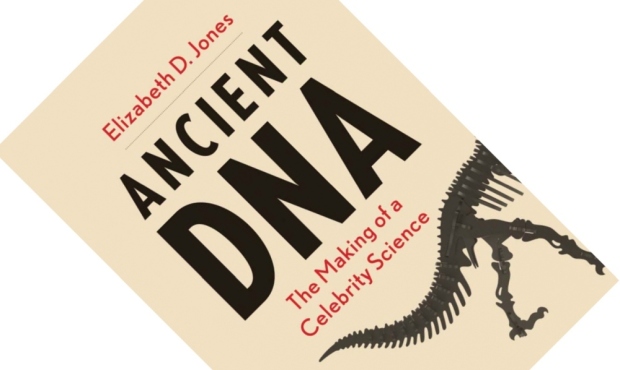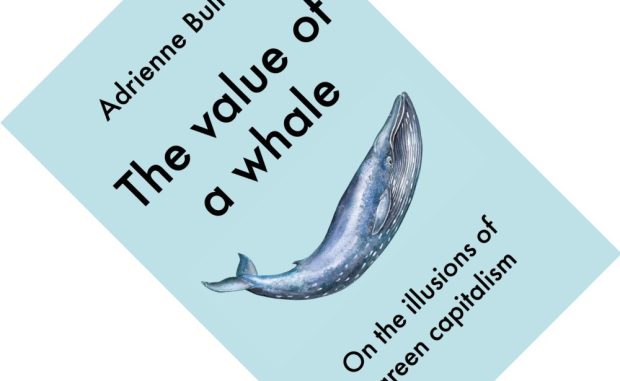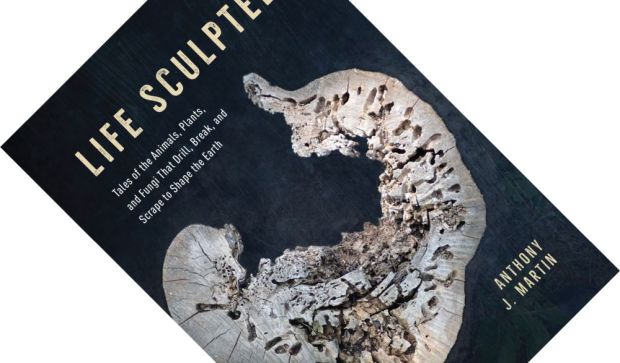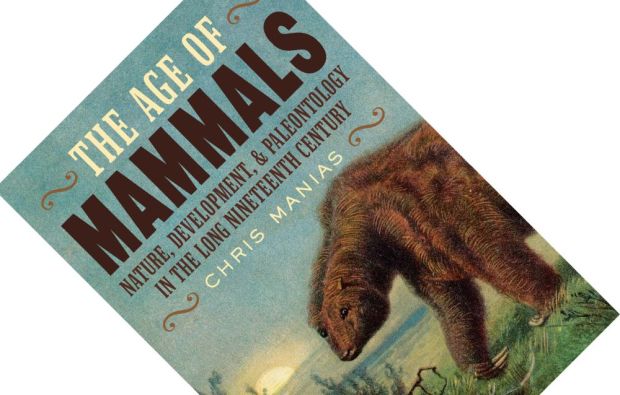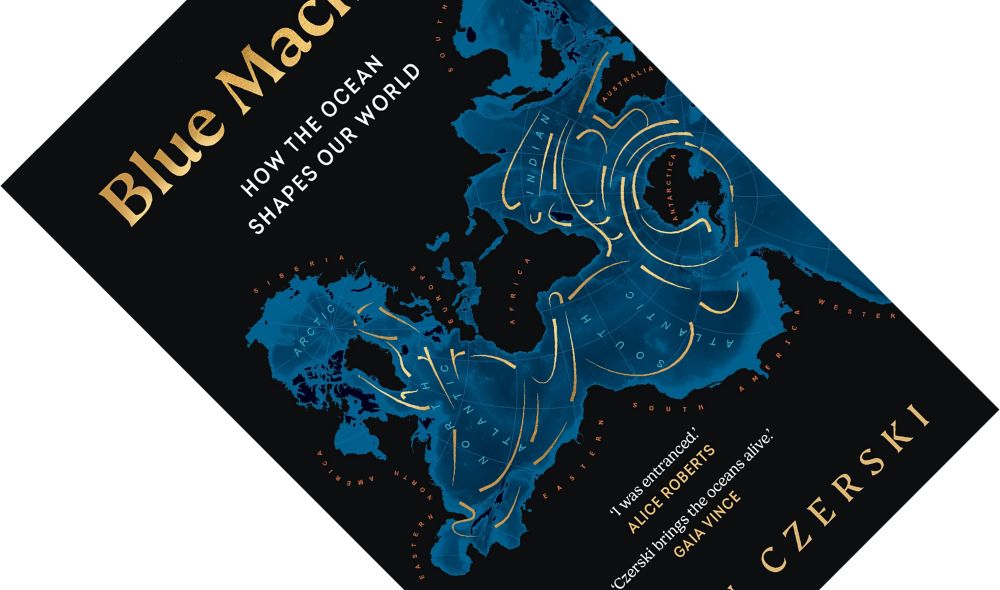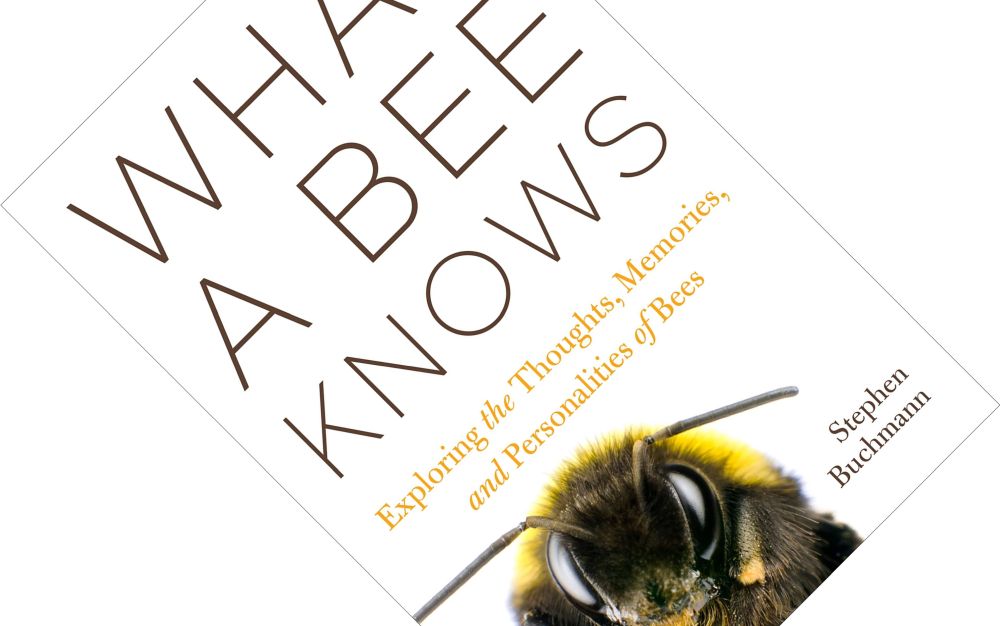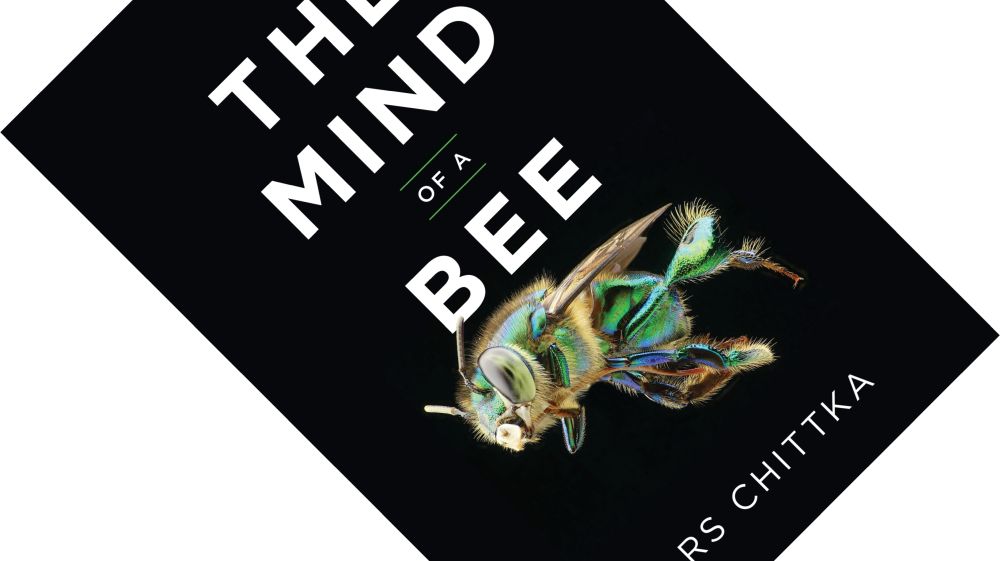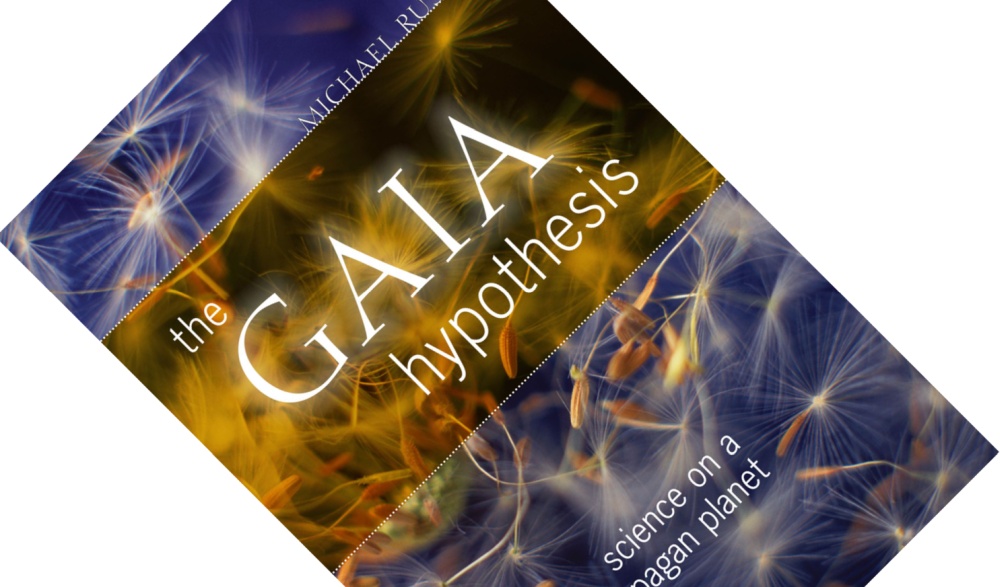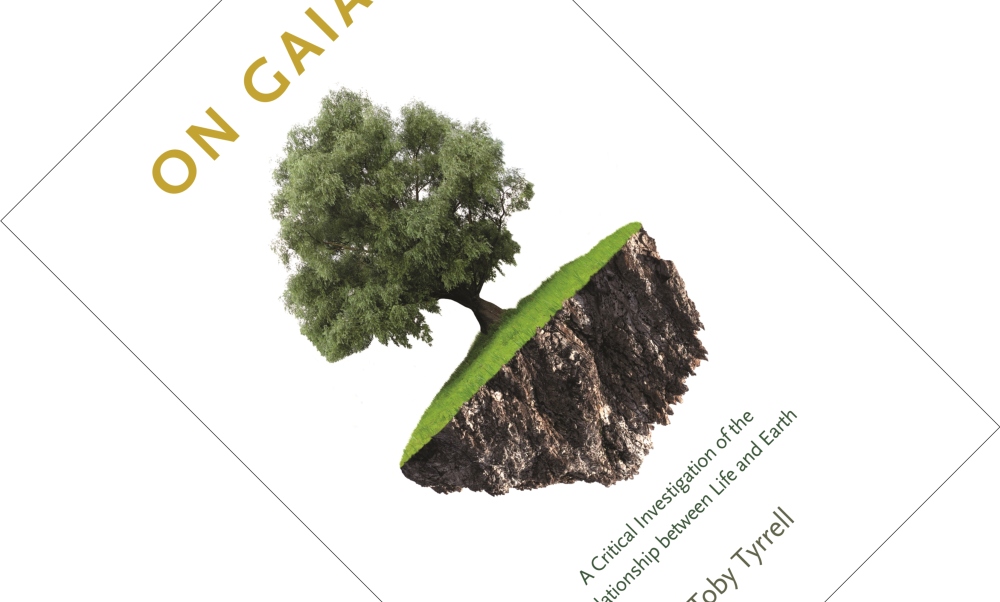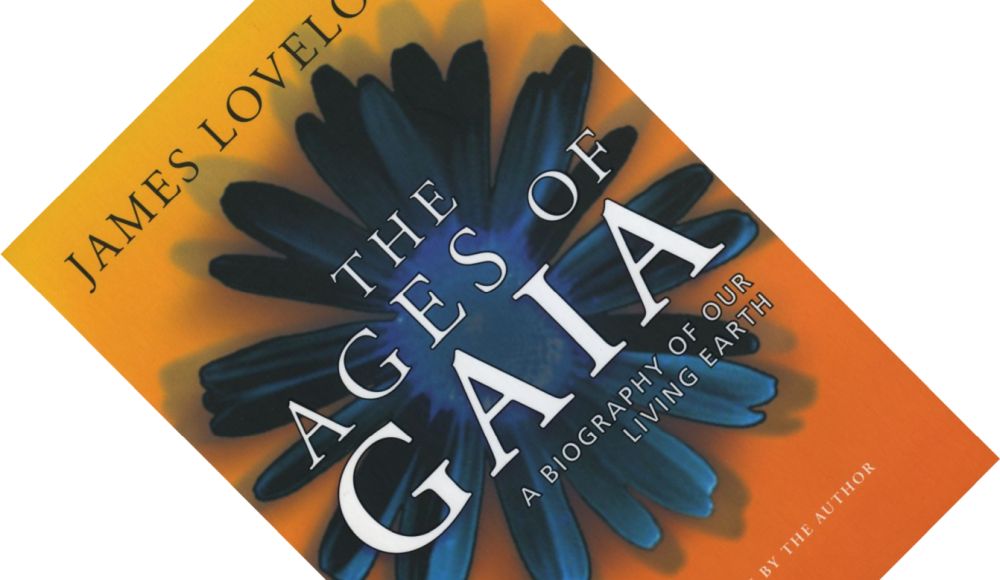8-minute read
keywords: genetics, history of science, sociology
When I say fossils, bones will likely come to mind. However, scientists can also use traces of ancient biomolecules such as DNA, proteins, and pigments to reveal more about extinct organisms. In this two-parter, I will review Greenwalt’s Remnants of Ancient Life but I am beginning with Ancient DNA by science historian Elizabeth Jones. Join me for a truly excellent intellectual history that outlines how this discipline developed, spiced up with quotes from more than fifty interviews, scholarly context provided by science and media studies, and the enduring legacy of a blockbuster movie.

